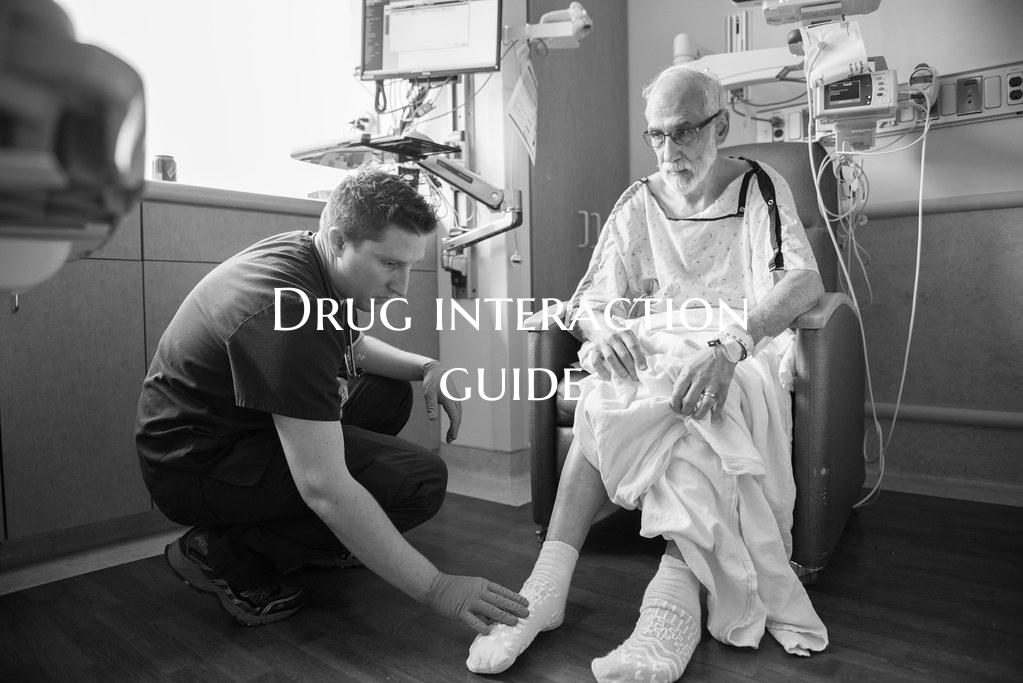
Drug interaction guide
Understanding potential drug interactions is essential for safe and effective medical treatment. When two or more drugs are taken together, they can interact in ways that may alter their effects on the body. These interactions can increase or decrease the potency of a drug, leading to potential harm or reduced efficacy of treatment.
There are several types of drug interactions to be aware of:
1. Drug-Drug Interactions: This type of interaction occurs when two or more drugs interact with one another in the body, affecting how each drug works. For example, some drugs may inhibit or enhance the metabolism of another drug, leading to higher or lower drug concentrations in the body.
2. Drug-Food Interactions: Certain foods can interact with medications and impact their absorption or effectiveness. For instance, consuming grapefruit or its juice can interfere with the metabolism of some drugs, leading to higher blood levels of the medication.
3. Drug-Supplement Interactions: Herbal supplements and vitamins can also interact with medications. It is crucial to consult healthcare professionals before taking any supplements alongside prescribed medications to avoid harmful interactions.
4. Drug-Alcohol Interactions: Alcohol can have a significant impact on how medications work in the body. Mixing alcohol with certain medications can increase the risk of side effects or reduce the effectiveness of treatment.
To minimize the risk of drug interactions, consider the following precautions:
1. Always inform your healthcare provider about all the medications you are taking, including over-the-counter drugs, herbal supplements, and vitamins. 2. Read medication labels carefully for any warnings about potential interactions. 3. Avoid self-medicating or changing the dosage of your medications without consulting a healthcare professional. 4. Be cautious about combining medications with substances like alcohol or certain foods.
In conclusion, staying informed about potential drug interactions is crucial for your overall health and well-being. By being proactive and vigilant about the medications you take, you can reduce the risk of harmful interactions and ensure the effectiveness of your treatment. If you have any concerns about drug interactions, don't hesitate to reach out to your healthcare provider for guidance and support.